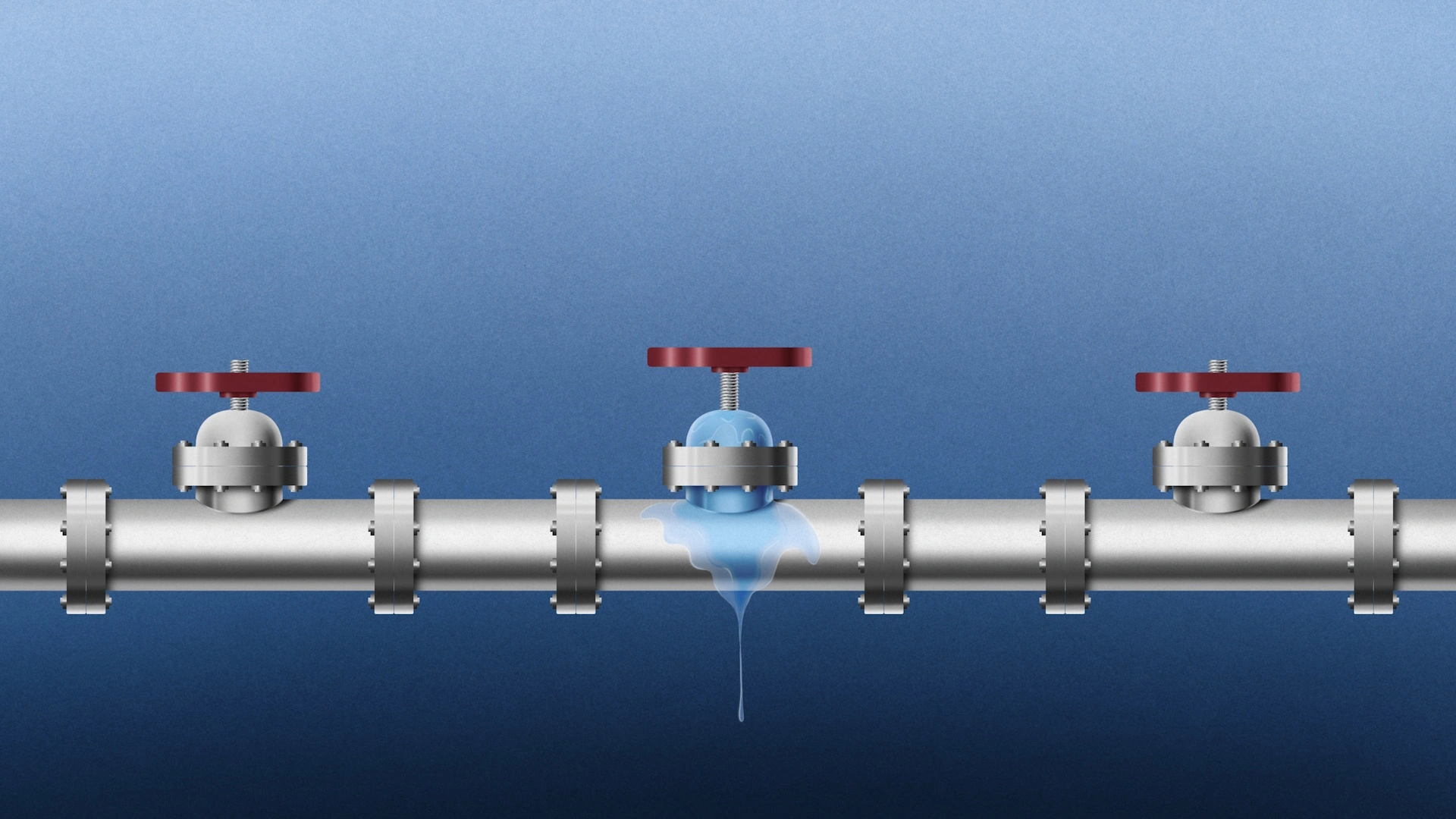What Makes for Long-lasting Teams?
While the following uses couples as the examples, in my 30+ years of working with organizations and groups, I have seen such a parallel, that I felt I had to share it with you. We are also including the links to the "antidotes" that can help address the challenges raised.
[Editor's Note-The following is an excerpt from an article by Dr. Noa Kageyama that appeared on bulletproofmusician.com discussing small ensemble group dynamics. It is quoted with permission.]
93.6%
John Gottman is Professor Emeritus of Psychology at the University of Washington and arguably one of the most influential psychologists of the past few decades. He is perhaps best known however, as the guy who can predict whether a couple will divorce or not with a 93.6% degree of accuracy.
That statistic may sound a little insane, but long story short, Gottman recruited 79 married couples to come to his lab and discuss a subject of some ongoing disagreement for 15 minutes while being videotaped. Then, he and his team painstakingly analyzed each of these arguments conversations to see if there were any specific behaviors that differentiated the couples who would eventually get divorced from those who remained happily married (or unhappily married, for that matter) over the course of 14 years.
Intuitively, one might predict that perhaps the happily married couples (the "Masters") simply didn't argue or get into heated discussions, whereas the divorced couples (the "Disasters") argued like cats and dogs, but what they found was more interesting. The key factor was not whether they argued or not, but the presence of 4 specific behaviors that tended to predict (with 93.6% accuracy), whether the marriage would eventually end in divorce or not.
He called these four behaviors the Four Horsemen of the Apocalypse.
The Four Horsemen The four behaviors are criticism, contempt, defensiveness, and stonewalling.
(1) Criticism is where rather than focusing on a specific behavior and how it's affecting us, we attack a person's character. Even though it's better to express or indicate what you want or need from your colleagues in a more solution-focused way. "You always rush" vs. "I'm feeling a little rushed here; could we take a little more time?"
(2) Defensiveness is pulling the "it's not me, it's you" card. Blaming others in response to criticism, instead of taking partial responsibility and actually engaging with each other in a more productive problem-solving conversation. Even though it's more productive to own up to your part in the situation (we all play some role or responsibility in whatever's happening), and discuss ways to all contribute to the mutually desired outcome. "I'm not rushing - you're dragging and making things sound stuck" vs. "It sounds a little stuck, maybe I'm pushing things a little too much. What are you hearing? Any other ideas to unstuck things?"
(3) Contempt is the strongest predictor of divorce, and thus perhaps the most important factor to keep an eye out for. This is where you essentially one-up others and put yourself in a position of superiority, with sarcasm, mockery, name-calling, insults, hostility, or the artfully timed eyeroll. Even though it's more effective to cultivate a culture of respect, admiration, and appreciation for each others' unique, valuable, and integral contributions to the team. "That's ridiculous" or "I told you that would not work" vs. "Yeah, that did not sound quite right, but it was interesting, and worth a shot. What else shall we try?"
(4) Stonewalling is where we withdraw emotionally and go into passive aggressive mode or dole out the silent treatment. Often it's an alternative to lashing out in anger when we're too emotionally or physiologically worked up, but it is not really any more effective in resolving conflicts. It's better to take a 20 minute break to cool off, and reconvene when you can engage in a more productive conversation. "[silence, shrug shoulders] or whatever" vs. "Let's take a break."
Here are some strategies from Gottman's blog on how to foster more productive interactions and move away from these four relationship-destroying behaviors.
Continue Reading Additional Articles

What is the Purpose of Management Team Structure?

Structure Determines Execution: Why Nonprofit Management Teams Must Be Designed—Not Inherited
Aha Moments and Double Edged Swords

Ready to drive results with tailored strategies? Book a strategic consultation to explore how our insights can elevate your organization.
We’re dedicated to helping you achieve your goals. If you have any questions or feedback, contact us directly by phone or email. Your insights are invaluable in refining the solutions we provide and delivering the results you expect.
